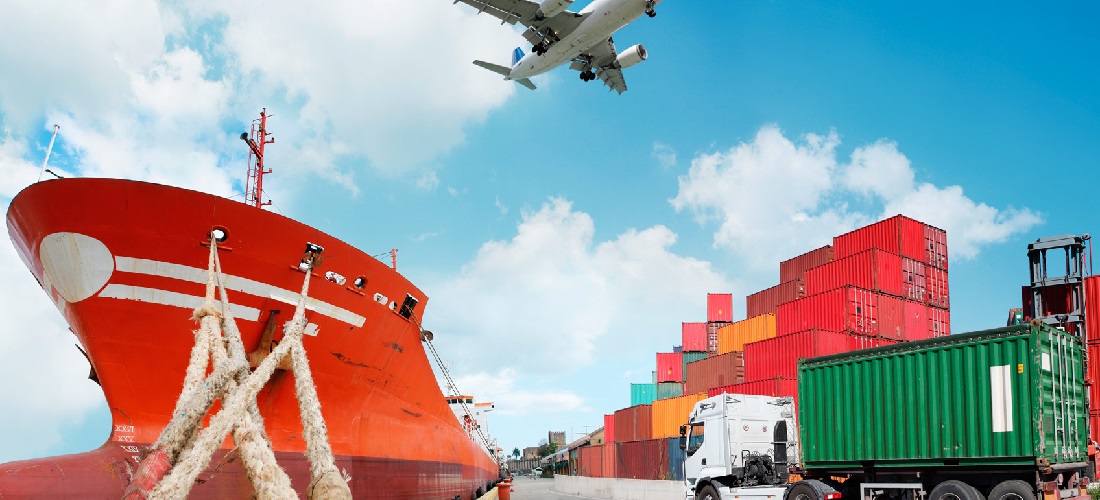
COVID-19 causes customs procedures to be streamlined
Apr, 08, 2020 Posted by datamarnewsWeek 202016
According to SINDASP (São Paulo Customs Brokers Union), there have been several changes to import and export procedures due to the Coronavirus. Responsible for 97% of Brazilian foreign trade operations, customs brokers are dealing with an increase of around 400% in freight on international cargo transportation. “With the scarcity of airplanes and vessels, freights have skyrocketed,” explains Élson Isayama, Vice President of SINDASP.
According to the union, because of the pandemic caused by the coronavirus, instructions from Brazilian authorities on import and export procedures have been tweaked almost daily. These include things like tax exemptions, the agility of clearance, and export control, not to mention changes in procedures at the main ports and airports. To understand the complexity involved, there are 22 intervening agencies, such as the Federal Revenue Service, SECEX (Foreign Trade), MAPA (Agriculture, Livestock and Supply), Anvisa (Health Surveillance), Vigiagro (Agricultural Surveillance), to name a few, that have an interface with different types of cargo and need your consent to validate the import or export operation. “In Viracopos, a booklet was even prepared by the Federal Revenue Customs with procedures for the clearance of goods used to fight the coronavirus (COVID-19),” explained Isayama.
Debureaucratization – According to SINDASP, the attitude of the consenting bodies has been exemplary. MAPA has a much more simplified verification for products identified as priorities at the moment. Anvisa, in addition to speeding up procedures, provided a direct channel for improvements or correcting any unforeseen circumstances in the operation. Finally, the Internal Revenue Service implemented the Single Foreign Trade Portal, focusing on automation of processes, with the digitization of documents and modernization of procedures that aim to streamline Brazilian imports and exports. “This is what customs brokers desire in the near future – an agile, efficient, transparent and predictable foreign trade system,” concludes Isayama.
-
Oil and Gas
Sep, 24, 2021
0
Eneva buys TEPOR, Macaé port terminal
-
Fruta
Apr, 24, 2025
0
Brazil’s Fruit Exports Grow 26% in Q1 2025
-
Shipping
Feb, 10, 2021
0
Maersk reports revenue growth in 2020 despite pandemic
-
Grains
Sep, 17, 2021
0
Import taxes on corn to be waived in the face of struggling domestic supply

